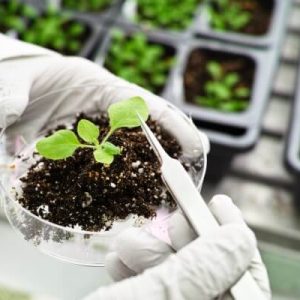
Plants created through a classic cross-breeding process can no longer be patented in Europe. The European Patent Office (EPO) decided this in July. The amending decision has a huge impact on cross-breeding patents and the position of Dutch agricultural and horticultural companies. Patent attorneys from V.O. have mapped out the key legal consequences and nuances of this decision. Below is a summary of these.
The amending decision is found in the Implementing Rules (Rule 28). This rule violates Article 53 of the European Patent Convention (EPC). The new Rule states that patents cannot be granted for plants obtained through a classic cross-breeding process. According to the Article, only plant and animal species and essentially biological procedures as such are excluded from patenting. This means that the new Rule 28 goes one step further than Article 53.
Legally speaking, the articles prevail over the rules if there is a conflict between an article and a rule. Furthermore, the decision also conflicts with two recent judgments (Tomato-II and Broccoli-II) by the EPO’s Enlarged Board of Appeal.
The new rules also apply to applications that are still pending and any patents already granted that are being considered by the EPO. This conflicts with the principles of legal certainty. After all, civilians and companies must be able to assume that any amendments to the law do not affect any decisions already made, such as the granting of a patent.
In a decision by the Enlarged Board of Appeal, it was indicated that the patentability of human stem cells is only prohibited if it turns out that on the application date these cells could only be obtained through the destruction of embryos. In analogy with this judgment, it may be possible to obtain a patent for a cross-bred plant after all, if it turns out that on the application date it was technically possible to produce this plant also using a method that is not purely biological.
We advise analysing all patents granted or pending and answering the following question: was it technically possible to obtain the patented plant through a non-biological process? For inventions for which this is unclear, we advise developing an alternative strategy, allowing you to retain your rights. And we advise not to accept any decision right away and lodge an appeal if your patent application is rejected on these grounds. Many appeal proceedings will follow over the next couple of years, which we hope will provide more clarity.
Would you like to discuss your own situation? Please contact Patent Attorney Frits Michiels or Bart van Wezenbeek.

